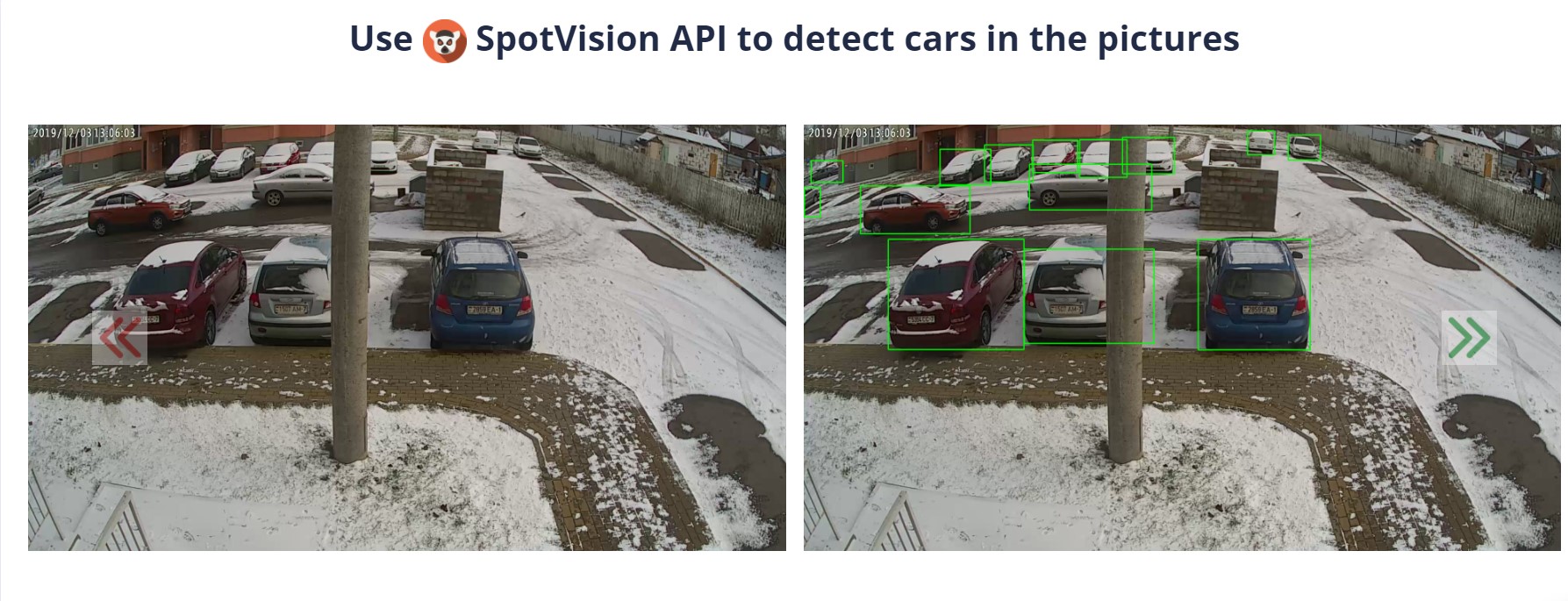Introduction
Drones, also known as UAVs, are unmanned aircraft with no on-board crew or passengers in them. They are pilotless vehicles that can either be remotely controlled or are pre-programmed for a specific mission (initially used for military purposes). Unmanned aircrafts systems predominantly include the unmanned aerial vehicle, a remote controller, and a system of communications between them. Drones and UAVs were initially designed to fly for a long time at a controlled level of speed and height.
Now, they come in various sizes and serve a multitude of purposes. Some Drones and UAVs are autonomous, while some are remote-controlled. Some are short flight drones while some are large, and can operate for a couple of hours. They are designed for low flying or are capable of scaling greater heights.
 Image Source: https://www.statista.com
Image Source: https://www.statista.com

